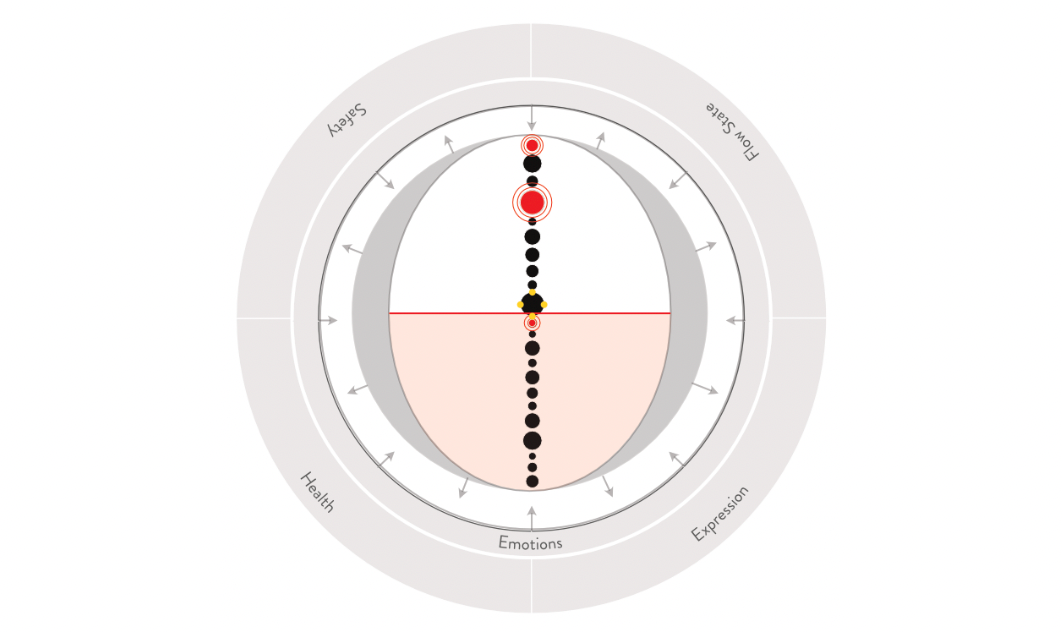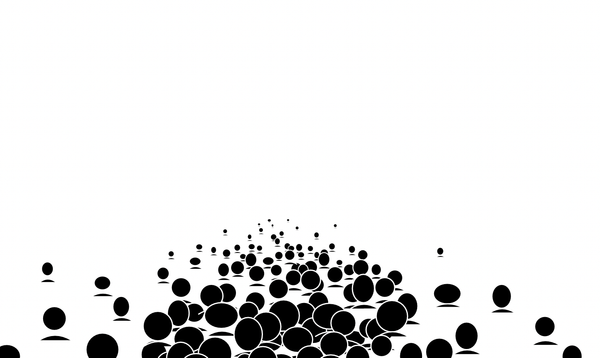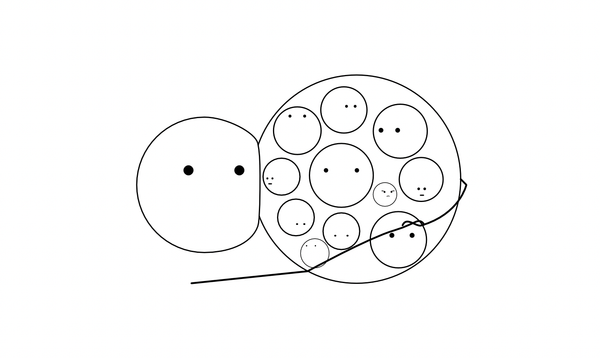Who-ness: an abstract map of an individual's processing factors

I wrangled with what to call this for years. Years. It is an extension of what we call accountability in information mechanics. I am rarely a fan of new taxonomy; I would much prefer a concerted effort to regain existing taxonomy that has had its meaning manipulated. In this instance, the root of the word (account) holds some of behaviors I would like to see sloughed.
"Accountability" comes with a great deal of baggage that links it back to hierarchical social structures. It has a sniff of who's to blame (from above), and the pungency of I get to interpret reality, including who you are (to below). And there is often a cultural assumption that those who are accountable need to stay stagnant. They can't change. Evolution isn't part of their mandate: it has expectations (so blame can be meted) in what they are accountable for, and that it has to be done a certain way. It primes us to disregard vast swaths of reality.
Yet evolution is part of our decision making and cognition. Deeply. Ineradicably. To remove evolution means removing agency. It also means accepting that what-is is what will always be, which simply doesn't align with where we are in time and space.
Environment
Multitude of complex systems that may or may not interact, may or may not be focused on a particular quadrant, each contributing to and skewing the whole in a variable on/off/stressed state.
Reactions
Preconditioned immediate-state recognition that sparks variable emotions and trust.
Response
Our more measured recognition of the environment and navigating it. The processing chain leverages a variable and fungible set of changeable tools. The reality adherence threshold is our fluctuating ability to see, accept, and realign with a world that might not align with preconceived notions.
This is a summative model of everything in environment, reactions, and response from my movements model.




